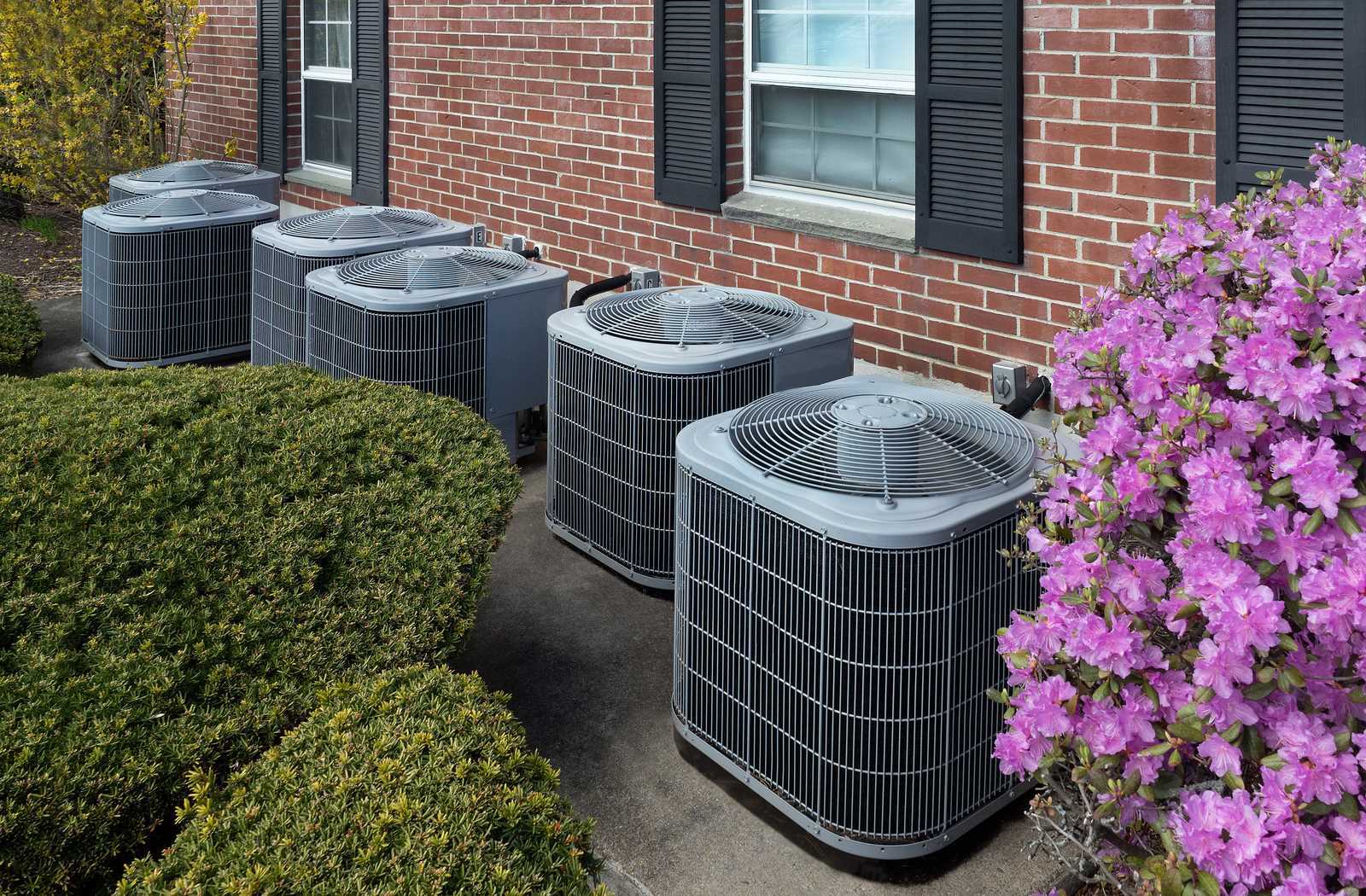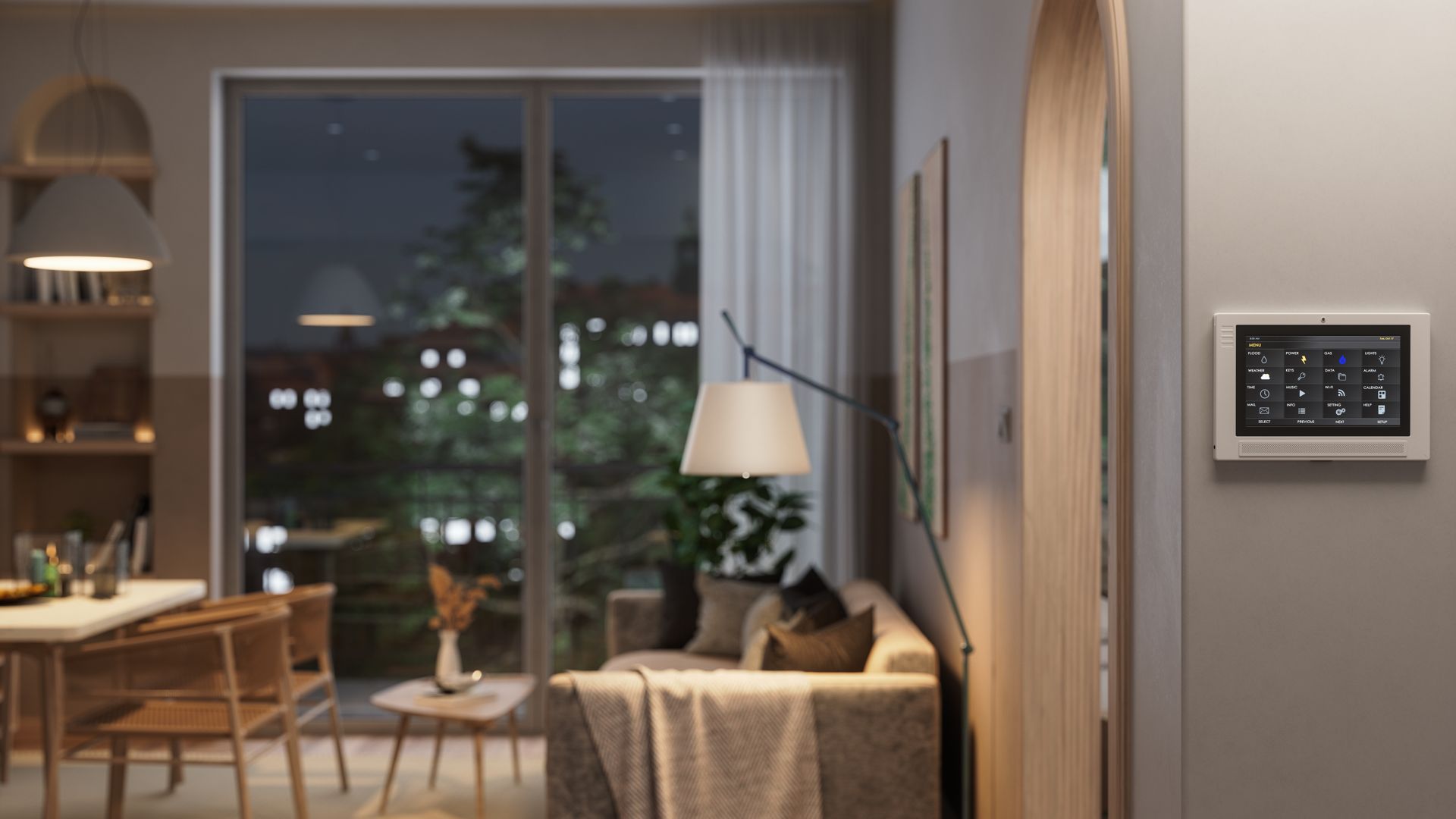If last summer’s heat was a bit much for your household, it might be time to consider air conditioners available to you. However, not all air conditioners are created equal.
Central air conditioning can be the bigger investment for cooling your home, but the value derived in the end can make it well worth it. Compared to other types of air conditioning, it can provide a more consistent level of comfort.
Home Aire Care technicians have over 4 decades of experience installing each type of air conditioner for more than 40 years. Given the humid climate we experience in Kingston, Trenton, and the rest of northeastern Lake Ontario — you might want to keep the moist, warm air out of the rest of your home.
Ductless Air Conditioners
Ductless air conditioners are a quick fix, and they provide temperature relief to small spaces. This type of air conditioner is extremely popular in homes that aren’t built with a central HVAC system.
Wall-Mounted Ductless Air Conditioners
If you opt for ductless, you have to sit near it to enjoy the cool air. Moving around and enjoying conditioned air in each part of your house requires multiple units. Wall-mounted units don’t have fresh air intake, so air from the same room recycled over and over. It gets stale after a while.
Ductless Split Air Conditioners
Similarly, moving around and enjoying room temperature everywhere in your house requires multiple units. Split AC is a popular choice for highrises, and you can get more fresh air than wall-mounted units. Split AC often takes up window space on balconies for condominiums and apartments.
These systems are best used in dwellings with one level and no central ventilation. If that doesn’t sound like your home, a better solution is likely central AC.
Heat Pumps
If your home has a unique build, heat pumps might be able to channel summer heat out. Heat pumps aren’t technically air conditioners, but they can cool a home in a pinch.
If your home has good ventilation, forced-air AC might provide better hot weather relief than a heat pump would.
Heat pumps can definitely complement an HVAC system, including furnace and central AC, so you could always ask the experts at Home Aire Care.

Forced-Air Means Central Air Conditioning
Forced-air air conditioning is a term interchangeable with central air conditioning. Forced-air integrates with your existing HVAC system, using the same ventilation ducts as your furnace for home-wide cooling.
With proper airflow from ceiling fans and clean ductwork, forced-air air conditioning remains the best option for Ontarians — those who live with the wide temperature ranges between winter and summer.
How Forced-Air Air Conditioning Works
There are a few key components to forced-air AC: the existing HVAC system — including the ductwork and the thermostat — as well as the evaporator coil and the compressor.
You’ll need a well built and properly maintained evaporator coil to catch the condensation from the intake air duct, which will convey warm house air in the summer. That air will cool, leaving condensation behind, moving then toward the HVAC fan, which will blow it into your ductwork.
Near the evaporator coil is the refrigerant line, which draws heat out of the air passing through the coil. This refrigerant line runs outside to a compressor unit, which chills the refrigerant. If your home is ground level, you’ll need to place the outdoor compressor unit, ideally in a sheltered area.
Installing these is best left to a certified professional, since you’re dealing with refrigerant chemicals and adjacent components of your furnace. Protect your home and maintain safety by having only qualified people work on your HVAC system.
Where to Put the Compressor
The compressor unit will sit outdoors and feed a conductive refrigerant line into your ventilation system. The intake for the compressor’s motor needs to be unobstructed so the unit can work efficiently.
For best results, these compressor units should be housed on a concrete foundation adjacent to a cool, shaded side of your house. Heat radiated by the sun dissipates quickly into the ground, cooling the compressor unit overall. In a pinch, compressor units can also be mounted to the side of a wall or on a rooftop, but they won’t have the same heat dissipation.
Refrigerant lines need a short, dry, and insulated path to feed into the ventilation system’s main intake. You don’t have to worry about weatherproofing these outdoor compressor units; they’re built to last in all kinds of weather.
Advantages of Central Forced-Air AC
Once installed, your forced-air AC grants much better control over the temperature and humidity inside, adding uniform home cooling to your HVAC system.
Smart Thermostat Integration
Forced-air HVAC systems go perfectly with a smart thermostat, so you can benefit from the ability to control your home’s temperature while you’re away. You can save a lot on cooling your home only when you’re about to return.
No Need to Open Windows All Night
Common sense tells us to crack a window when it’s hot. But letting in humid outdoor air comes with some drawbacks. Annual humidity for Kingston, Trenton, and the rest of northeastern Lake Ontario, tends to be relatively high, averaging 81% in the morning and 67% in the afternoon.
There’s a greater chance of mould growing when indoor humidity trends in excess of 50%, and the air will tend to feel stuffy and close. With central AC, you won’t be tempted to open the windows to hot muggy air. Home Aire Care technicians recommend 30-33% humidity indoors.
Peace of Mind
Making air conditioning a part of your home’s HVAC system gives you lots of opportunities to bundle your air conditioning into the maintenance routine you have. That will save some worry about how often to stay on top of it.
Improving your home comfort with forced-air air conditioning should improve your home’s value, so you can rest assured that it’s an investment! Thanks to forced-air AC, you and your family will enjoy greater home comfort in the short term, and the long term benefit of increased property value if you move.







